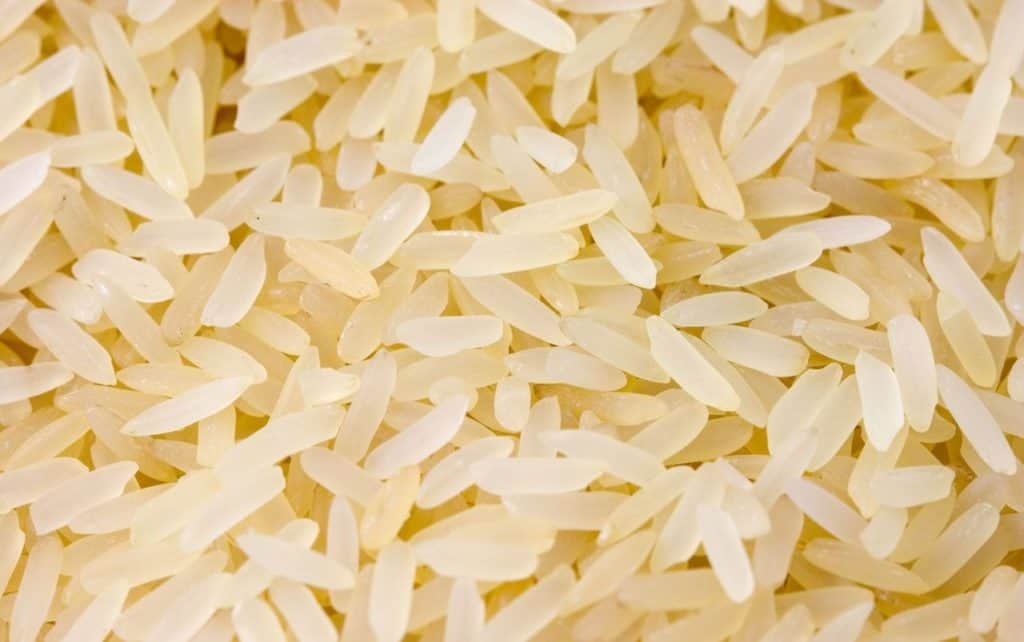Price of rice decreased as its International demand declined. Regardless of the drop in prices to four-month lows this week, the demand remained low. Prices of 5% broken parboiled variety decreased to $364-$369 a tonne from $367-$371.
The Downturn
India’s rice exports dropped 29% in August 2019 to 644,249 tonnes, year on year due to feeble demand. Prices in India of non-basmati rice are not competitive internationally. Increase in MSP of paddy by the Government affected export of non-basmati rice significantly. According to estimates, summer-sown rice production is expected to fall 1.7% from a year ago to 100.35 million tonnes.
Demand from Africa dropped significantly for rice. Earlier, Nigeria banned import of rice for the past few years. Illegal rice was smuggled to Nigeria from neighbouring countries including Benin. Recently, Nigeria-Benin border closure stopped illegal smuggling thereby creating an excess stock of rice in Benin.
Rise in Competition
Vietnam managed to keep up its price of rice despite low demand. Its rate of 5% broken rice parboiled variety is $350 a tonne which is highest in two months. A global economic downtrend is a reason for decreasing demand. Globally demand for rice significantly fell and prices have been falling since April 2019. However, prices of rice in Vietnam remain stable for the past two months due to low supply stocks.
Prices of rice in Thailand declined from USD 400 per MT to USD 395 per MT for the 5% broken long grain parboiled rice variety. Thailand exporters are not quoting low prices due to strengthening to Thai Baht. Thai Baht fell from 30.62 at the beginning of the month to 30.30 against US Dollar.
Bangladesh’s Strategy
The government of Bangladesh decided to grant a subsidy of $354 billion to its farmers to buy modern agriculture tools that will assist them to decrease the cost of production and thus increase profits. Agriculture Minister Abdur Razzaque stated that it is an effort to boost domestic output. The country’s exports faced a hard hit by cheaper grains from India and Thailand after the removal of the export ban in May.

